River and animated landscape, 1899
Oil on canvas
33 x 55 cm
Signed and dated lower right A Seguin 99
Extremely rare painting by Armand Séguin, iconic painter of the Pont Aven school, disciple of Gauguin , friend of Sérusier or even O'Connor
Armand Seguin is the son of Charlotte Elmore and Armand Félix Abel Seguin (1799-1873) and one of the grandsons of Armand Jean François Segouin, known as Seguin (1767-1835 ), chemist, doctor, businessman, banker to Bonaparte, rich owner of Île Seguin. Armand Seguin studied painting at the Académie Julian and exhibited for the first time in 1893 at the Salon des Indépendants1, then at Le Barc de Bouteville in Paris in 1895. Influenced by Impressionism in his early days, he became a disciple of Paul Gauguin, a friend of Henry de Groux and is close to the painters of the Pont-Aven School. He participated in the creation and first manifestations of the Nabi movement. We do not know much about his life, his studies and his production before his arrival in Brittany. He visited the Café Volpini exhibition in 1889. For a time, he had his studio at 54 rue Lepic in Paris (the same address as Vincent Van Gogh a few years before). Strongly influenced, he will therefore seek to join Gauguin and his group. From April 1891, he stayed in Pont-Aven and, in 1893-1894, he was at Pouldu in Clohars-Carnoët (Finistère) where he introduced Paul Gauguin and Roderic O'Conor to etching techniques. and aquatint, then returns to Pont-Aven. Due to lack of material means, he had to resort to producing commercial engravings and also carried out work as an illustrator for Les fleurs du mal by Charles Baudelaire, Manfred, a play by Lord Byron or, in 1900, for Gaspard de at night, work by Aloysius Bertrand. He also produced numerous prints. His work is influenced by Émile Bernard and Japanese prints. Armand Seguin is, with Roderic O'Conor, the most original engraver in Paul Gauguin's circle and his graphic work far exceeds his pictorial production, much to his despair, because he would have liked to be recognized more as a painter than as an illustrator. : “Every day, every night, I dream of paintings that I cannot execute and all my desires and all my strength tend to be able to do so. ". Between 1900 and 1902, he settled in Châteaulin where he worked on illustrations commissioned by Ambroise Vollard. Armand Seguin is generally considered to be the chronicler of the “Pont-Aven group”. In 1903, he wrote three articles on the constitution and goals of this group in the review L'Occident, edited by Maurice Denis. However, due to a lack of a publisher, the painter was unable to publish all of his notes. Part of the manuscript has disappeared. The published fragment nonetheless remains a rare and authentic testimony to the Pont-Aven School. “Séguin died at the age of thirty-four. Fragile, tuberculous, always in poverty, his life was a perpetual struggle against adversity.” He died in Châteauneuf-du-Faou in the workshop of his friend Paul Sérusier where, ill with tuberculosis, he was staying.










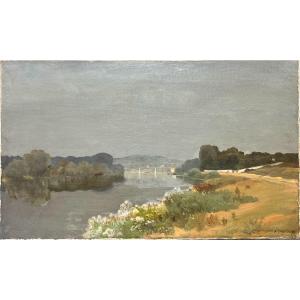









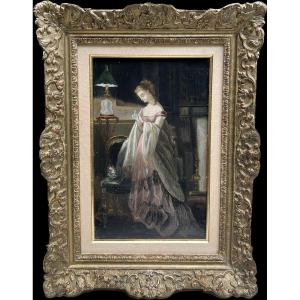

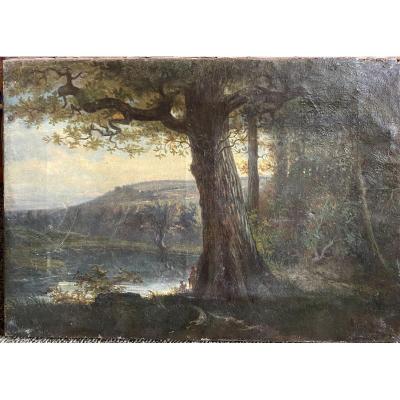
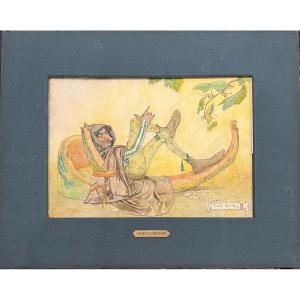
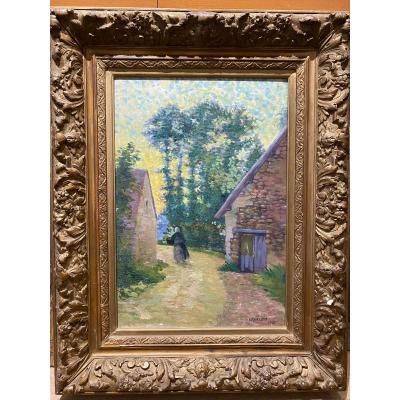


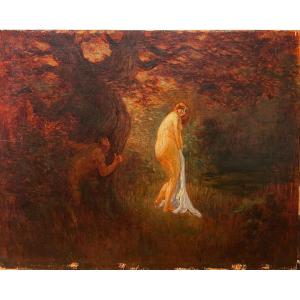

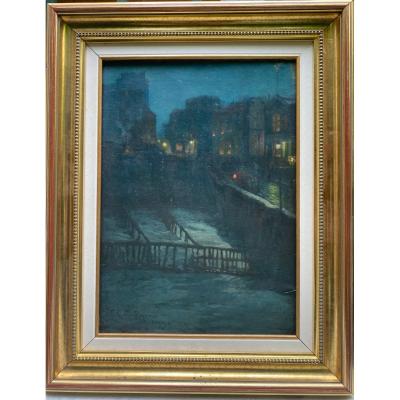
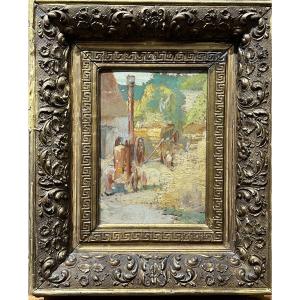
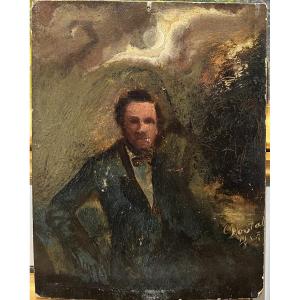

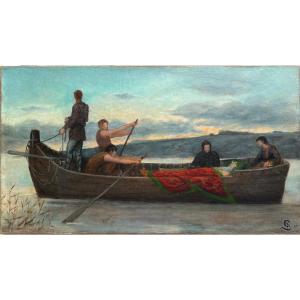

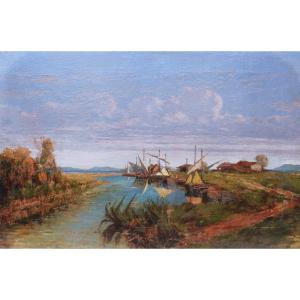

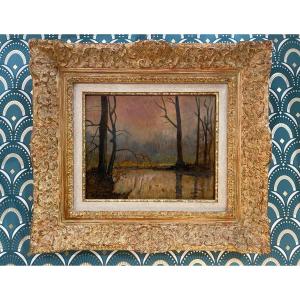




 Le Magazine de PROANTIC
Le Magazine de PROANTIC TRÉSORS Magazine
TRÉSORS Magazine Rivista Artiquariato
Rivista Artiquariato